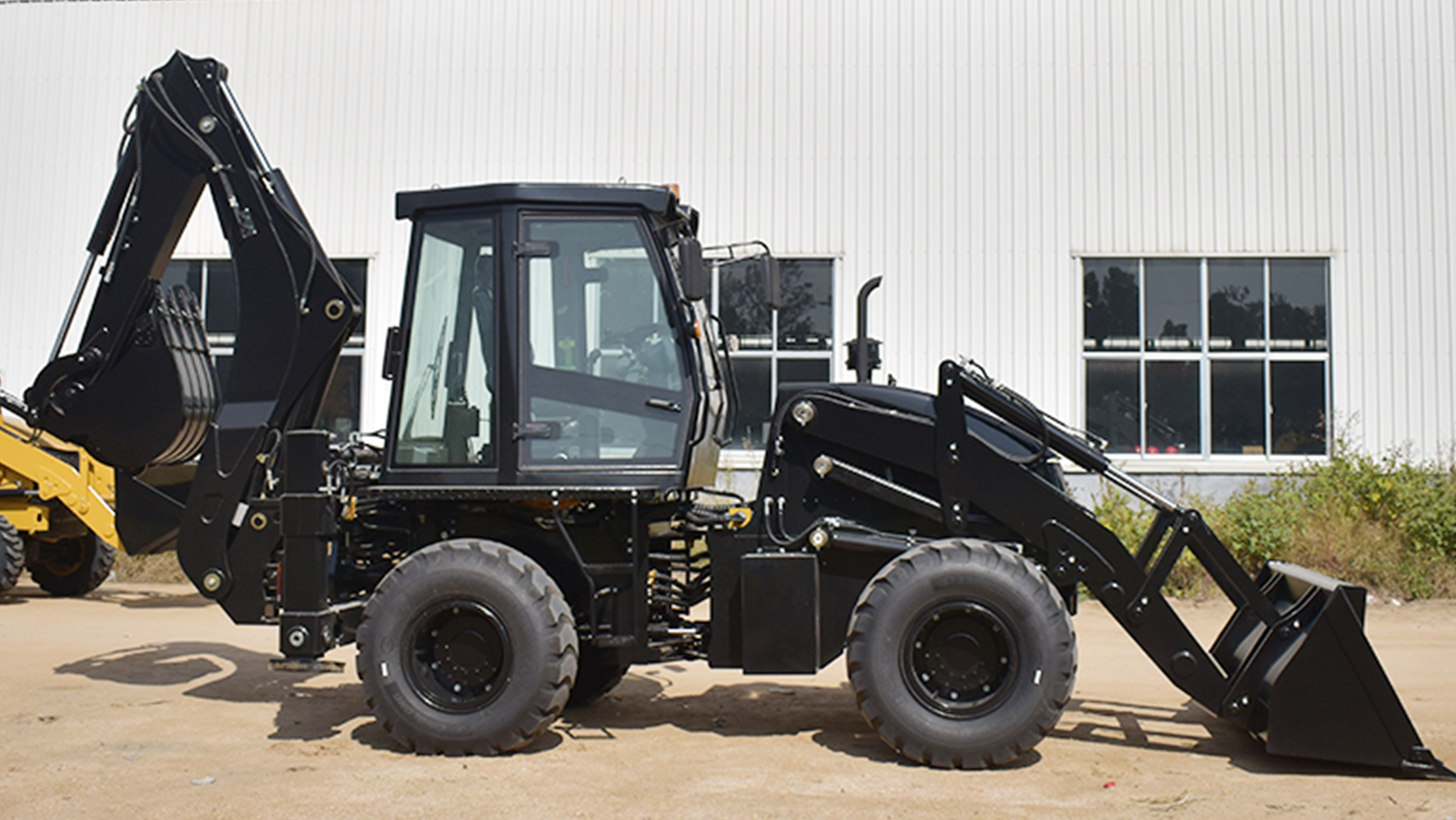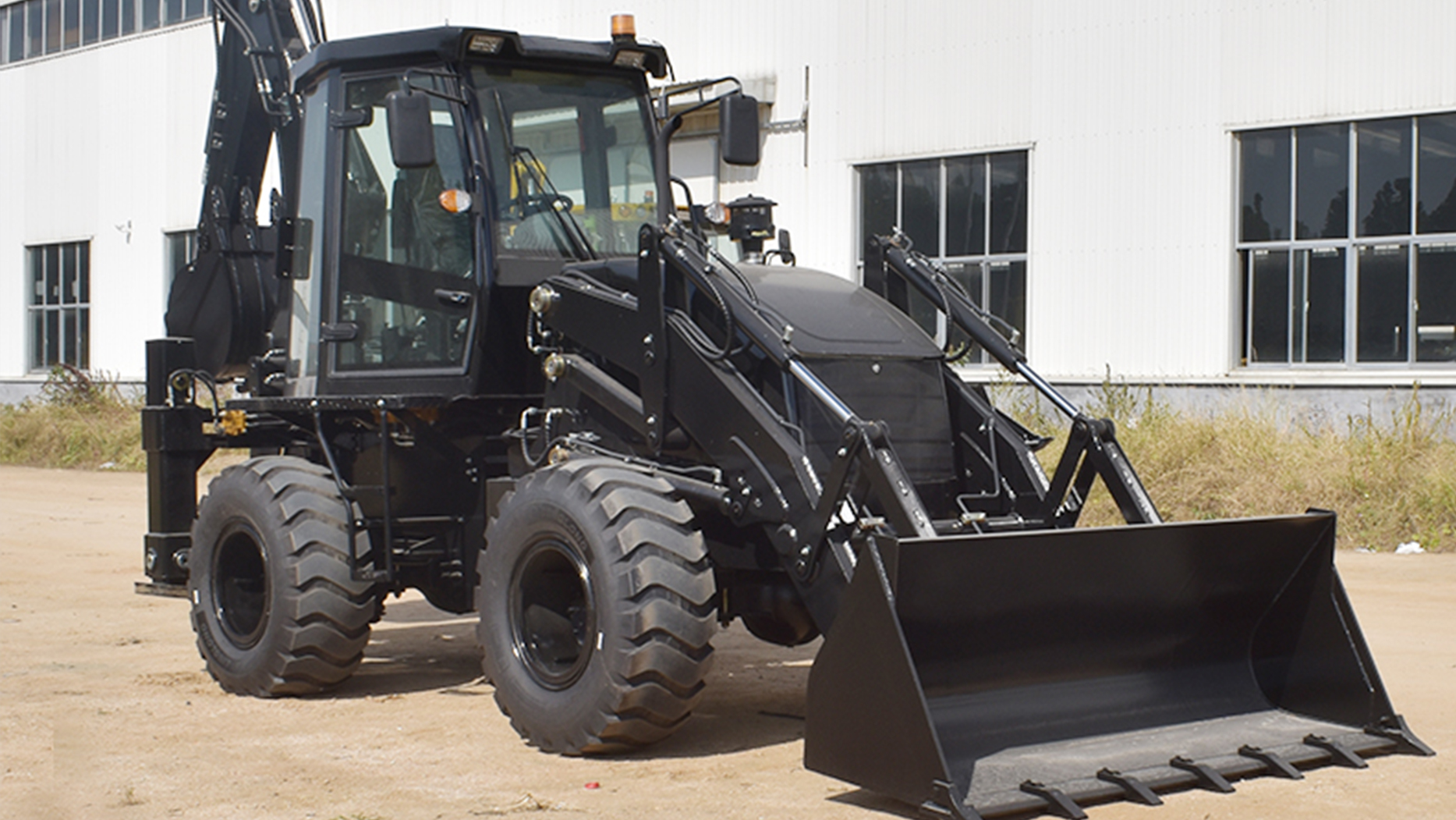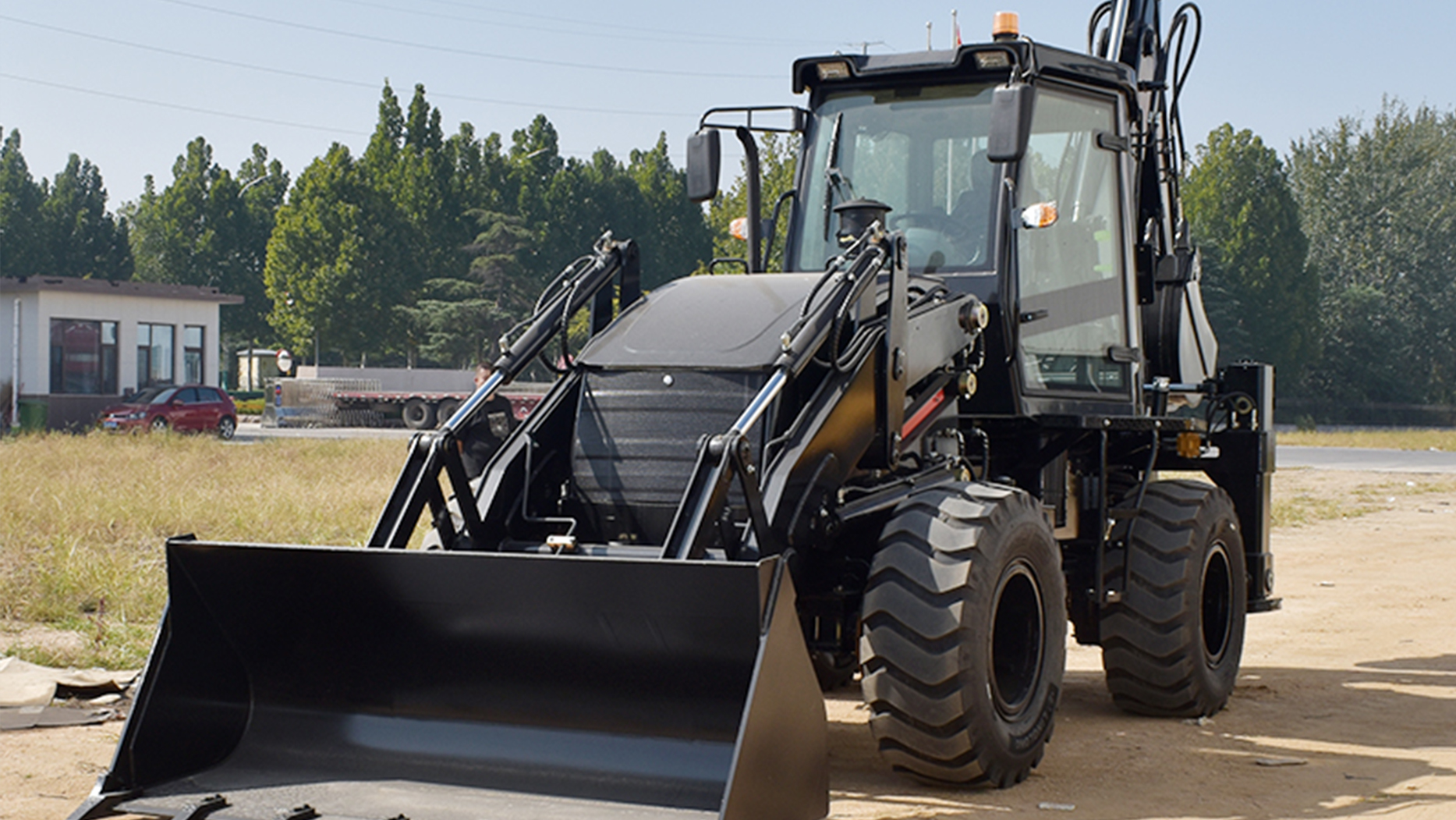The answer is clear and steeped in history: JCB (officially JC Bamford Excavators Limited) is a British multinational corporation. It was founded in the United Kingdom, and critically, it remains a privately-owned company by the Bamford family, the descendants of its visionary founder, Joseph Cyril Bamford.
This page will delve into JCB's origins, its enduring British ownership, its global manufacturing footprint, and why this unique structure has contributed to its remarkable success and innovation in the heavy equipment industry.
The Birth of an Icon: JCB's British Roots
The story of JCB begins in the heart of rural Britain, specifically in Uttoxeter, Staffordshire, England.
Founded by Joseph Cyril Bamford (JCB): The company was established by Joseph Cyril Bamford CBE on October 23, 1945, the very day his son, Anthony Bamford (now Lord Bamford), was born. He started with a single welding set in a small lock-up garage, building agricultural tipping trailers from scrap metal.
Early Innovation: From these humble beginnings, Joseph Cyril Bamford quickly displayed an innovative spirit. In 1953, he launched the iconic Mk I Excavator, which was the world's first backhoe loader – a revolutionary machine that combined a front-end loader with a rear excavator arm, forever changing the landscape of construction equipment. This invention was a direct response to a need for versatile, multi-purpose machines on farms and construction sites.
Family Ownership: Crucially, from its inception, JCB has been a family-owned business. This structure has allowed the company to make long-term strategic decisions, invest heavily in research and development, and maintain a consistent corporate culture without the short-term pressures often faced by publicly traded companies. Today, the company is led by Joseph Cyril Bamford's son, Lord Anthony Bamford, who has continued to steer the company's global expansion and innovation.

JCB's Enduring British Ownership
While JCB is a multinational company with a vast global presence, its ownership remains firmly rooted in the United Kingdom.
Private Ownership: The company is wholly owned by the Bamford family. This means there are no external shareholders to appease, allowing for greater autonomy in decision-making and a focus on long-term growth and product development.
Headquarters in Rocester, Staffordshire: JCB's global headquarters, including its primary research and development facilities and several manufacturing plants, are located in Rocester, Staffordshire, England, very close to its original birthplace. This central hub oversees the company's worldwide operations.
Commitment to British Manufacturing: Despite its global reach, JCB maintains a significant manufacturing presence in the UK, with multiple factories producing a wide range of components and finished machines. Lord Bamford himself is known for his strong commitment to manufacturing in Britain and exporting British-made goods around the world.
A Global Footprint, Not a Change in Ownership
While JCB's ownership is British, its operational reach is truly global. The company has strategically established manufacturing plants and extensive dealer networks across various continents to serve its international customer base and meet specific regional market demands.
Global Manufacturing Facilities: JCB operates 22 manufacturing plants across four continents, including:
United Kingdom: The primary manufacturing base, producing a wide range of equipment and components like engines, transmissions, and cabs.
India: JCB has a substantial presence in India, which has become one of its largest markets. It has multiple state-of-the-art factories there, manufacturing a range of equipment tailored for the Indian and surrounding markets.
North America (USA): With a large manufacturing facility and North American headquarters in Savannah, Georgia, JCB produces specific product lines like skid steers and compact track loaders for the North American market.
Brazil: A key manufacturing hub for serving the South American market.
China: A growing manufacturing presence to cater to the immense Asian market.
Germany: Focusing on specific product lines.
Extensive Dealer Network: JCB's products are sold and supported in over 150 countries through a vast network of over 750 dealers, ensuring global accessibility for sales, service, and parts.
This global manufacturing and distribution strategy allows JCB to be closer to its customers, respond to local market needs, and optimize its supply chains, but it does not alter the underlying British family ownership.

Why Does Ownership Matter? The JCB Philosophy
The family ownership structure of JCB is often cited as a key factor in its consistent success and unique corporate identity.
Long-Term Vision: Unlike publicly traded companies that might be pressured by quarterly earnings reports, the Bamford family can pursue long-term strategies, invest in ambitious R&D projects (like hydrogen-powered equipment), and build enduring relationships with customers and employees.
Strong Values: The company's values often reflect those of its founding family, emphasizing innovation, product quality, customer service, and a dedication to engineering excellence.
Agility and Adaptability: A privately owned company can sometimes be more agile in responding to market changes or opportunities without layers of corporate bureaucracy or shareholder approval processes.
Brand Identity: The strong connection to its founder and the continued family leadership contributes to a unique and recognizable brand identity that resonates with customers worldwide.
Beyond Excavators: JCB's Diverse Product Range
 While the backhoe loader remains synonymous with the JCB name, the company has diversified significantly over the decades. Today, JCB produces over 300 different machines, serving various sectors:
While the backhoe loader remains synonymous with the JCB name, the company has diversified significantly over the decades. Today, JCB produces over 300 different machines, serving various sectors:
Construction: Excavators (mini to heavy), wheel loaders, skid steers, compact track loaders, telehandlers (Loadalls), dumptrucks, compaction equipment.
Agriculture: Tractors (Fastrac), telehandlers (Loadalls Agri), wheel loaders (Agri), material handlers.
Waste Handling & Recycling: Specialized loaders and excavators.
Demolition: Machines with specialized attachments.
Industrial: Forklifts, telescopic handlers.
Power Generation: Diesel and gas generators.
Defence: Military-spec equipment.
This vast product portfolio, all developed under the continued British ownership, underscores JCB's commitment to innovation and meeting diverse global demands.
Conclusion: A Proud British Legacy, a Global Leader
In answering the question, "Which country owns JCB company?", we confirm that JCB is a proudly British multinational corporation, still wholly owned by the Bamford family, more than 75 years after its founding.
While its operations and manufacturing footprint span the globe, its strategic direction, core values, and spirit of innovation remain deeply rooted in its British heritage. This unique blend of family ownership, a commitment to engineering excellence, and aggressive international expansion has solidified JCB's position as a true global leader in the manufacturing of heavy equipment, impacting industries and infrastructure development in every corner of the world.
Post time:May.29.2025
